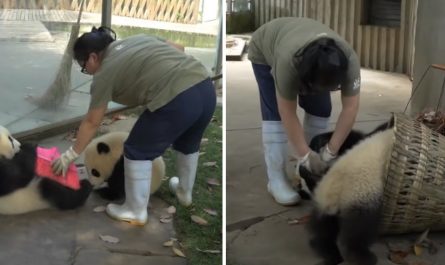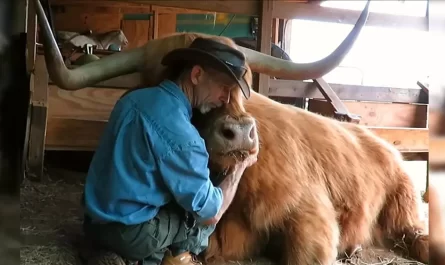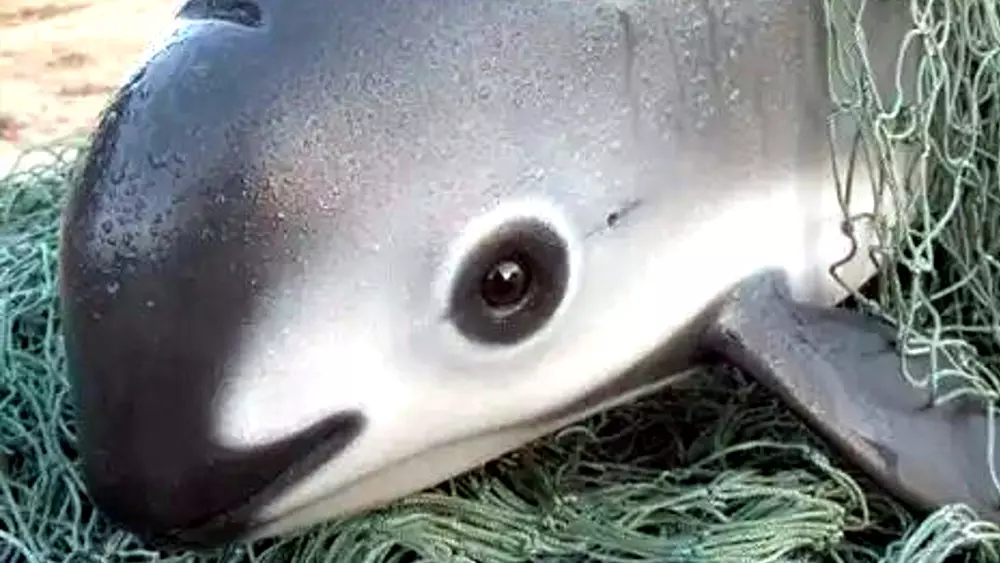
Meet The Stunning Vaquita – The Rarest Animal On The Planet With Only 10 In Existence
This little porpoise, which resides in the northern location of the Gulf of California, has been endangered for a long time, with a population that has actually decreased from 600 in 1997 to 30 in 2017.

Now, information is spreading that the vaquita’s future is in risk, with only 10 left surviving.
The vaquita, also known as the Phocoena sinus, is a little porpoise that grows to be approximately 5 feet long and weighs around 120 pounds when completely grown.
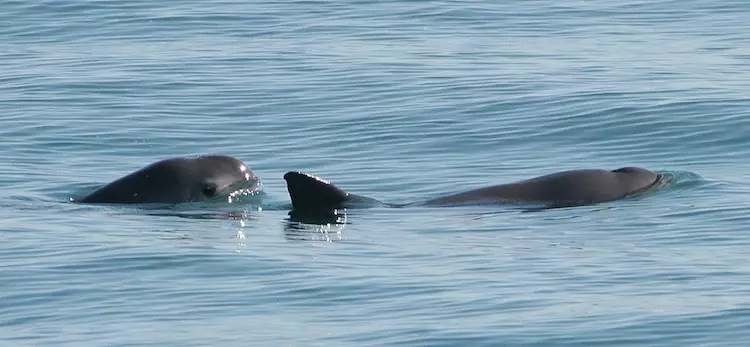
They reside in shallow, cozy water and are instead solitary in their behavior.
Vaquitas are the only porpoise types that can survive cozy water, so this is extremely special. All other species require water that is colder than 68 ° F.
They’re likewise fondly known as “sea pandas” because of the black rings around their eyes.
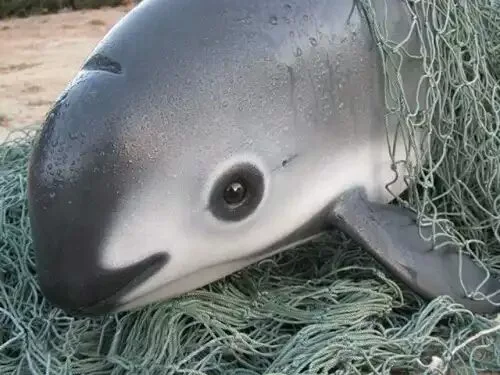
Unlike the white rhinocerous, which was almost vanished due to poaching, the vaquita is not strongly pursued by fishermen.
Traditional fishing practices in Mexico, though, have unfortunately resulted in the extinction of this marine species.
The problem is fishermen’s usage of gill nets to gather an endangered fish species called totoaba.
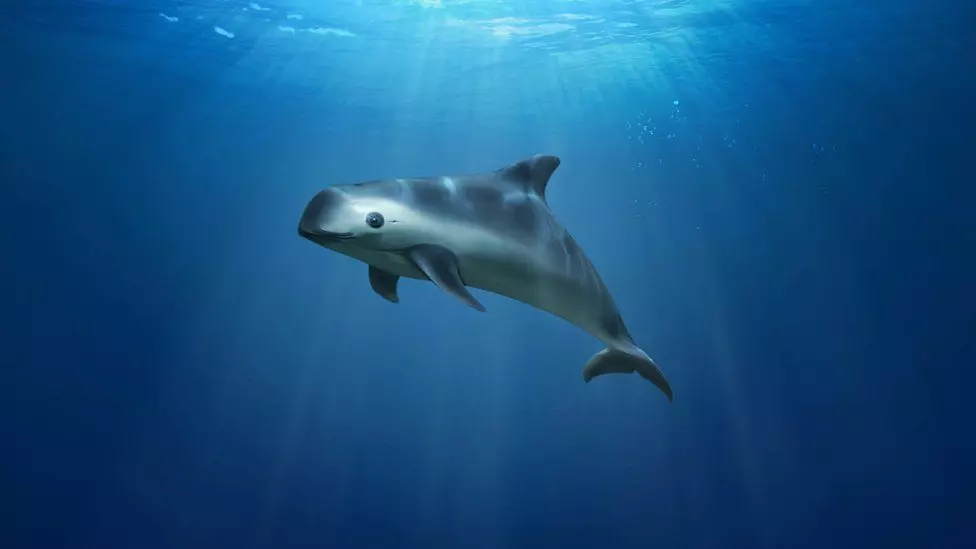
On the unlawful market, totoaba, which is thought about a delicacy in China, may cost up to $50,000.
Although both totoaba fishing and gill nets are illegal in Mexico, the attraction of a large payoff inspires local fishermen to continue the task.
All of this has an effect on the vaquita since, although gill nets collect totoaba, they also catch little porpoises that become tangled in the nets.
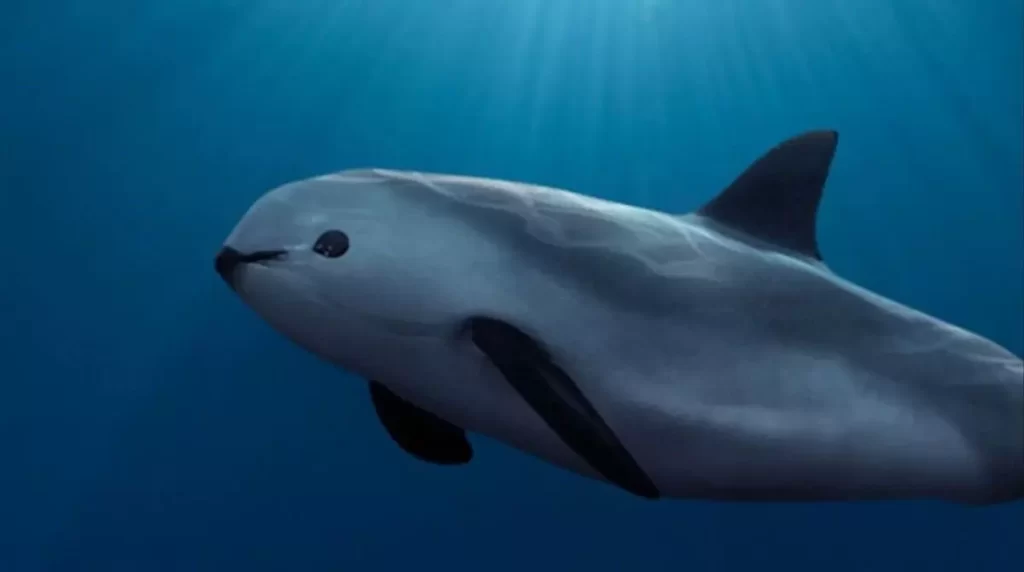
Andrea Crosta of the Earth Leauge International, a wildlife trafficking watchdog team, recently visited Mexico, where different sources verified that the number of online vaquitas is seriously low.
He is worried that the surviving vaquita might die throughout the illegal fishing season.
Aside from lawful measures and information provided by teams like the WWF and Viva Vaquita, some environmentalists wished that a few vaquitas may be saved and raised in captivity.

Vaquita CPR, a preservation company, took on a rescue effort in 2017. They were not successful, sadly.
While all animals experience some stress throughout their moving to captivity, the female porpoise that the crew rescued was not able to cope and perished soon after being returned to the water.
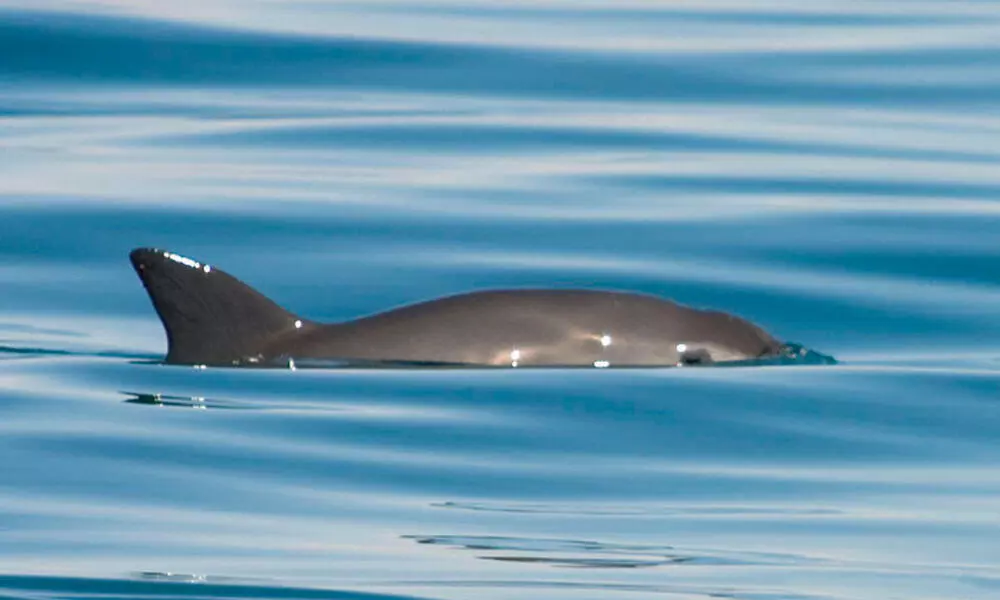
For those believing that confinement would be a feasible option for saving the species, the tragedy was a painful setback.
Crosta advises us that whether the vaquita vanishes or not, we must remain to defend them, as companies like Elephant Action Organization and Sea Shepherd continue to check the Gulf of California and decipher the trafficking routes in China.
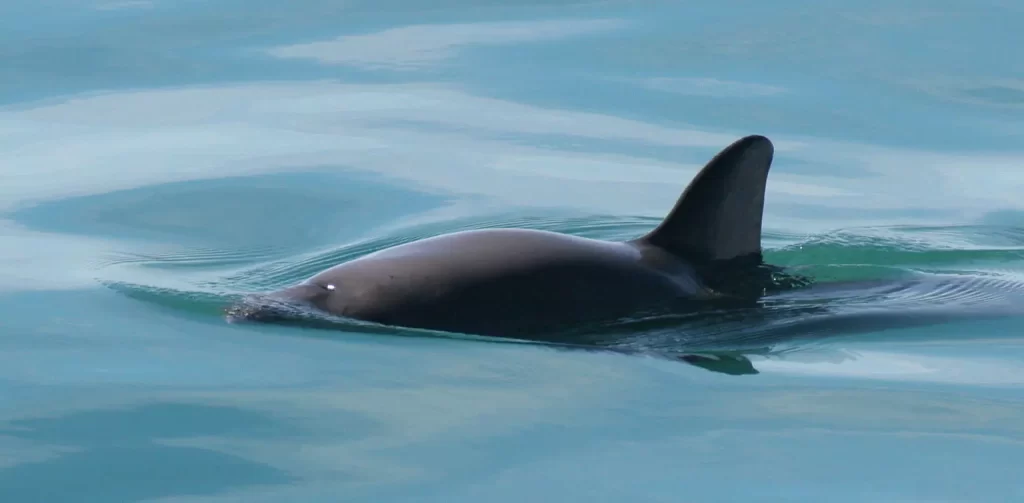
” Even if they eliminate all the vaquitas, we owe it to them to expose the whole story, the fact, and we want to bring those guilty to justice, that, incidentally, are not the fisherman.”
